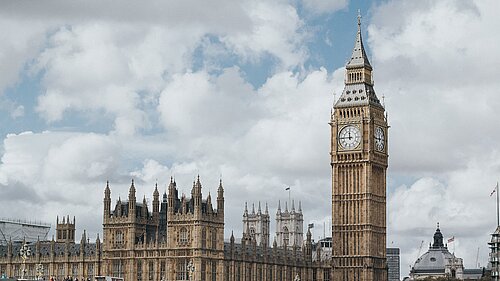Our Unrepresentative Second Chamber: women (not) in the House of Lords

A recent report by Unlock Democracy looks at the creation of life peerages. They can only be granted if an individual is approved by the Prime Minister. When we look at the way each individual Prime Minister has used her or his power of patronage, we see a steady improvement of more women being appointed starting from the low point of James Callaghan in the 1970s and peaking with Theresa May (39.5% of her nominations were for women). However things have gone backwards since then. The current Prime Minister has now appointed 30 peers, 22 of whom are men. When we look exclusively at the 23 Conservative peers nominated by the current Prime Minister, 19 are men and just 4 are women.
The vast majority of people would agree that a more representative second chamber would be better at doing its job. Few people would argue that there are not enough women capable of taking a role in the House of Lords. Three possible courses of action are suggested by Unlock Democracy: major reform, medium reform, and no reform. Unlock Democracy’s preferred solution is major reform - an elected or part elected 2nd chamber. Our recent research found that 62% of UK citizens would like to see the House of Lords replaced by this option. Only 13% believe the Lords should be kept as it is now. A further option could be to set up a Citizen’s Assembly to investigate options and make recommendations on an urgent basis.
unlockdemocracy.org.uk/resources-research/2024/2/26/house-of-lords-gender
PS
Party | MPs | Women |
Conservative | 348 | 88 |
Labour | 199 | 104 |
Lib Dem | 15 | 10 |